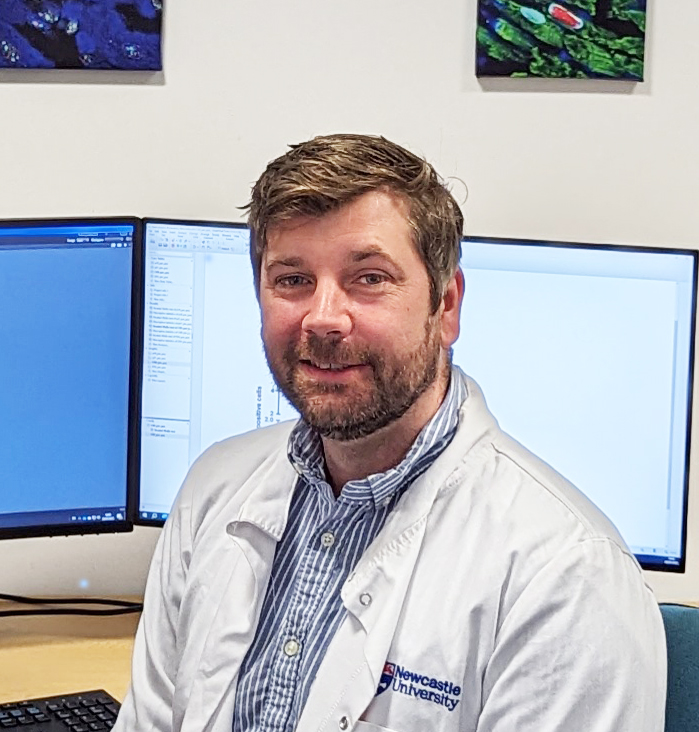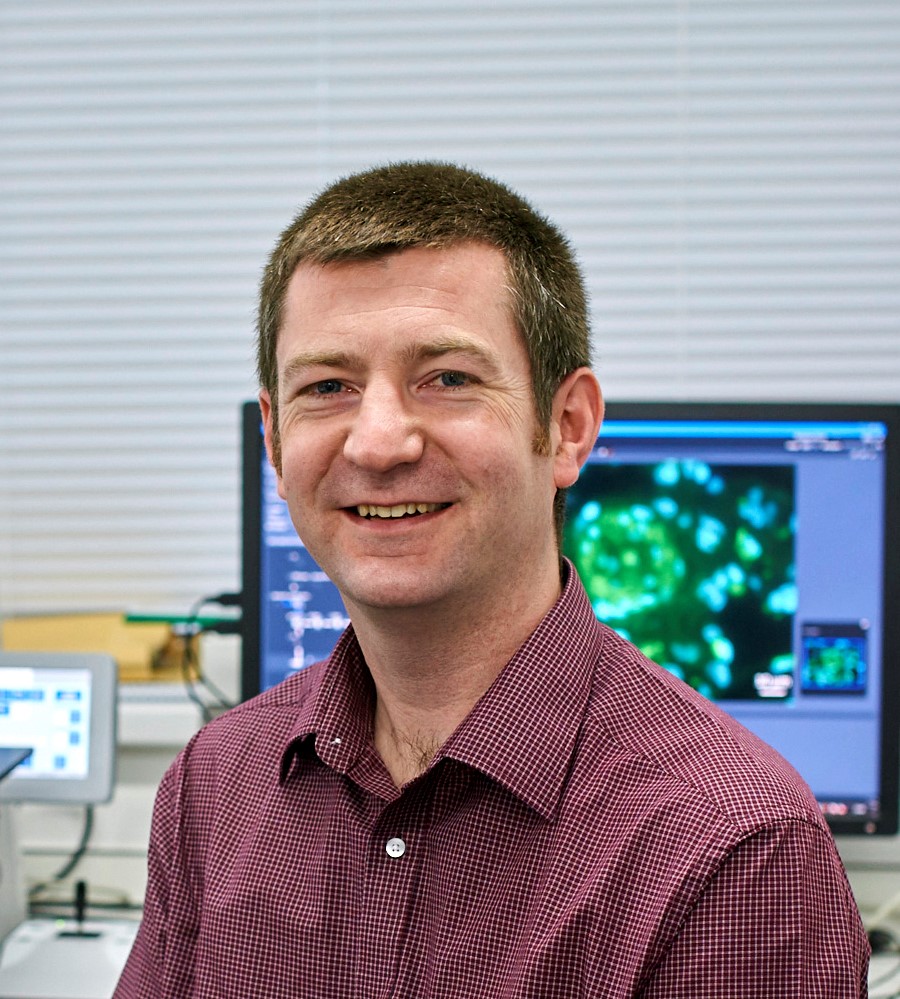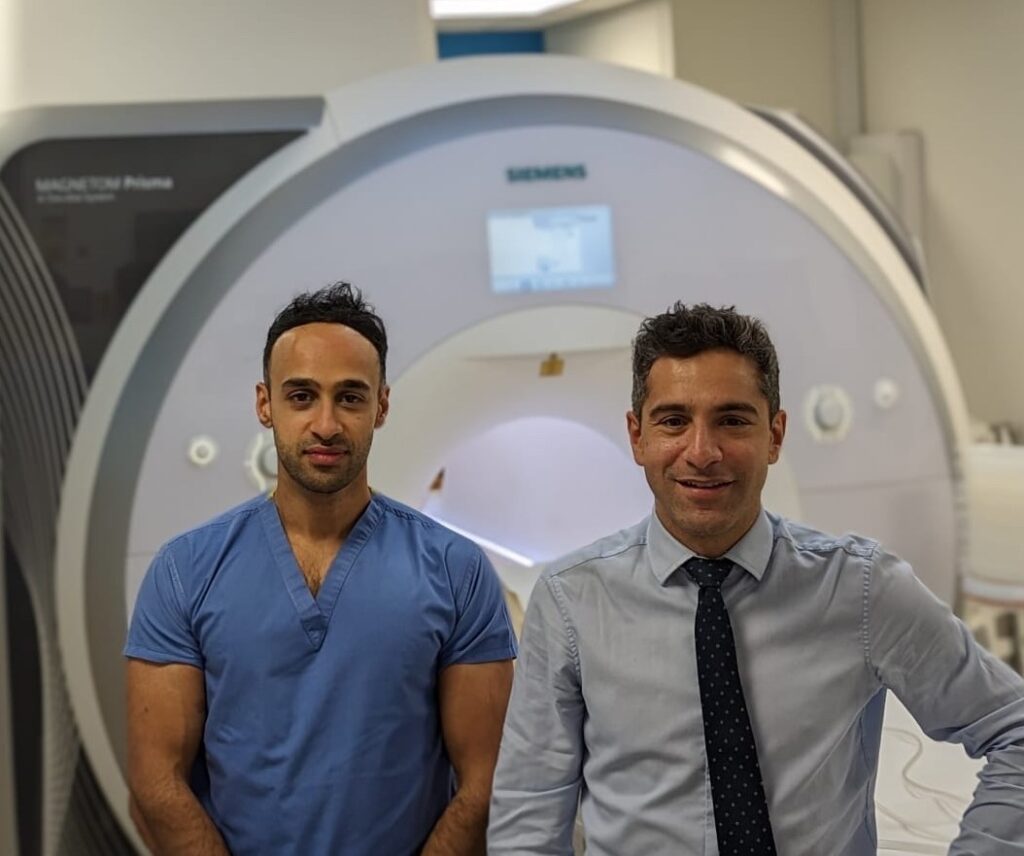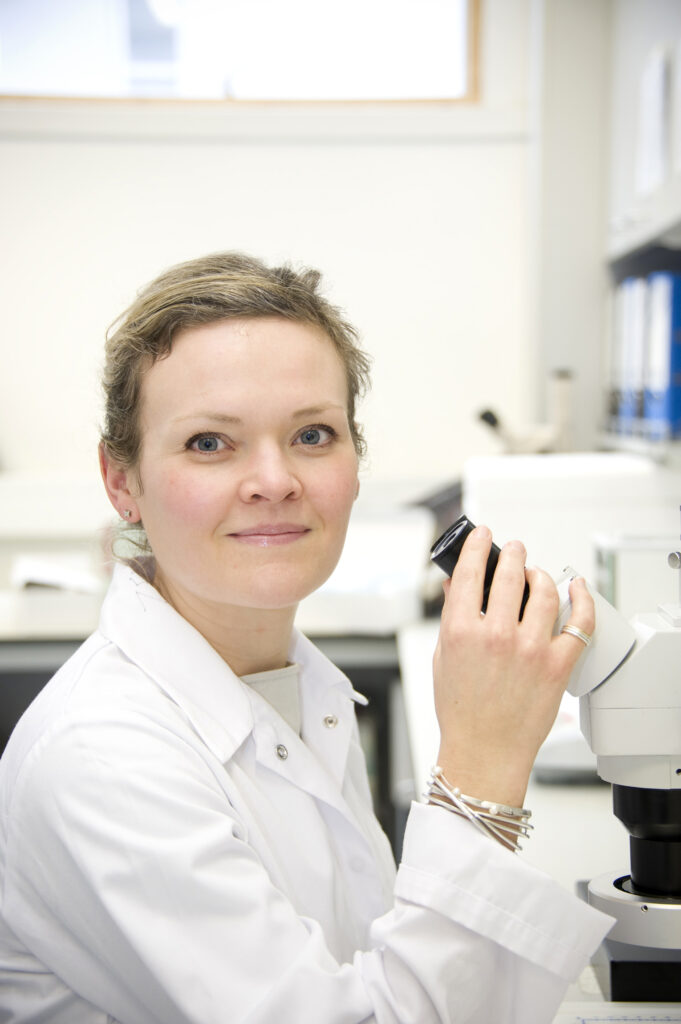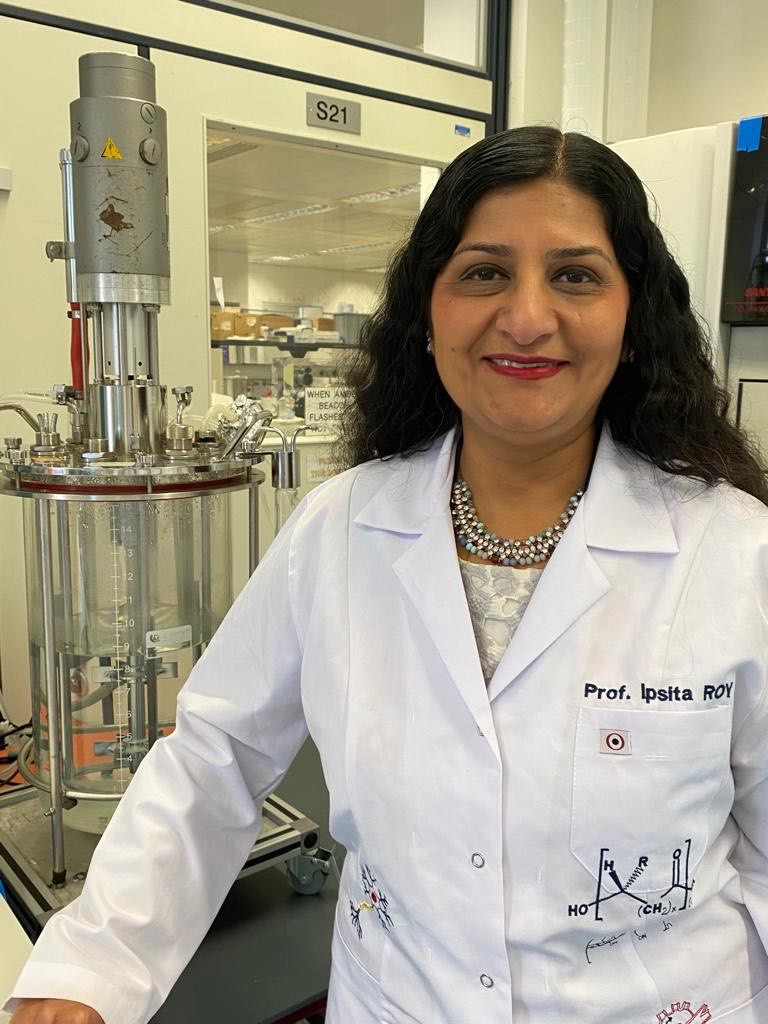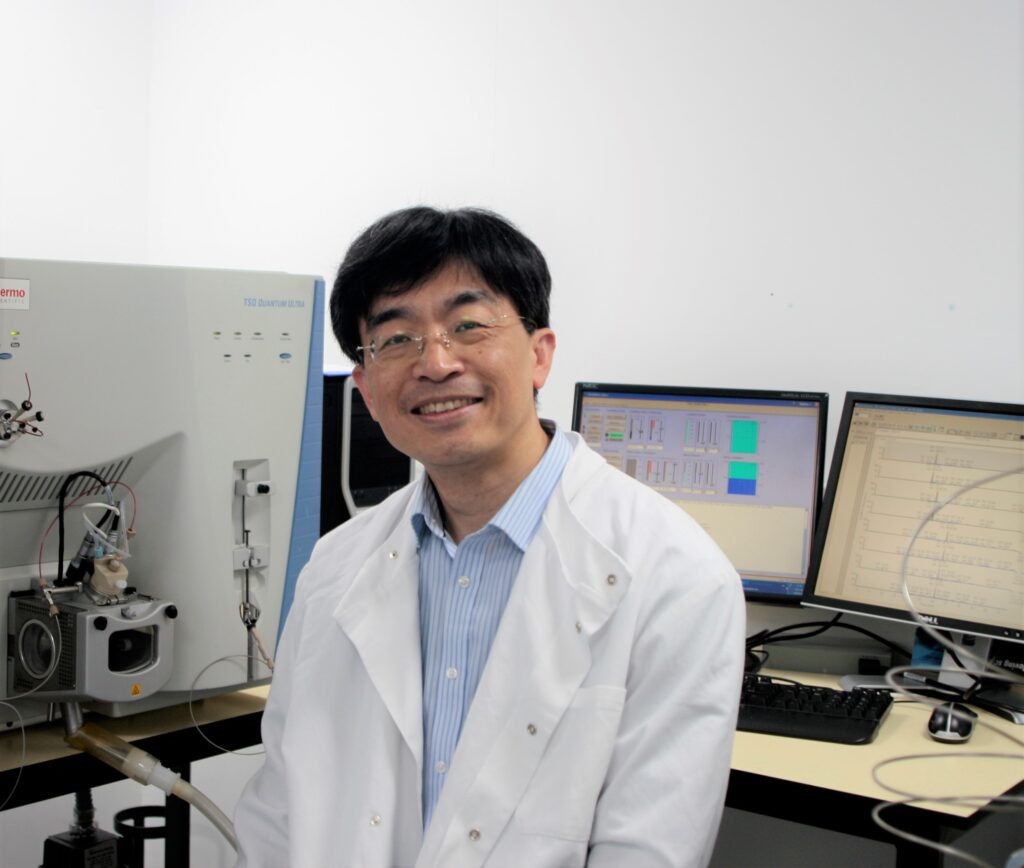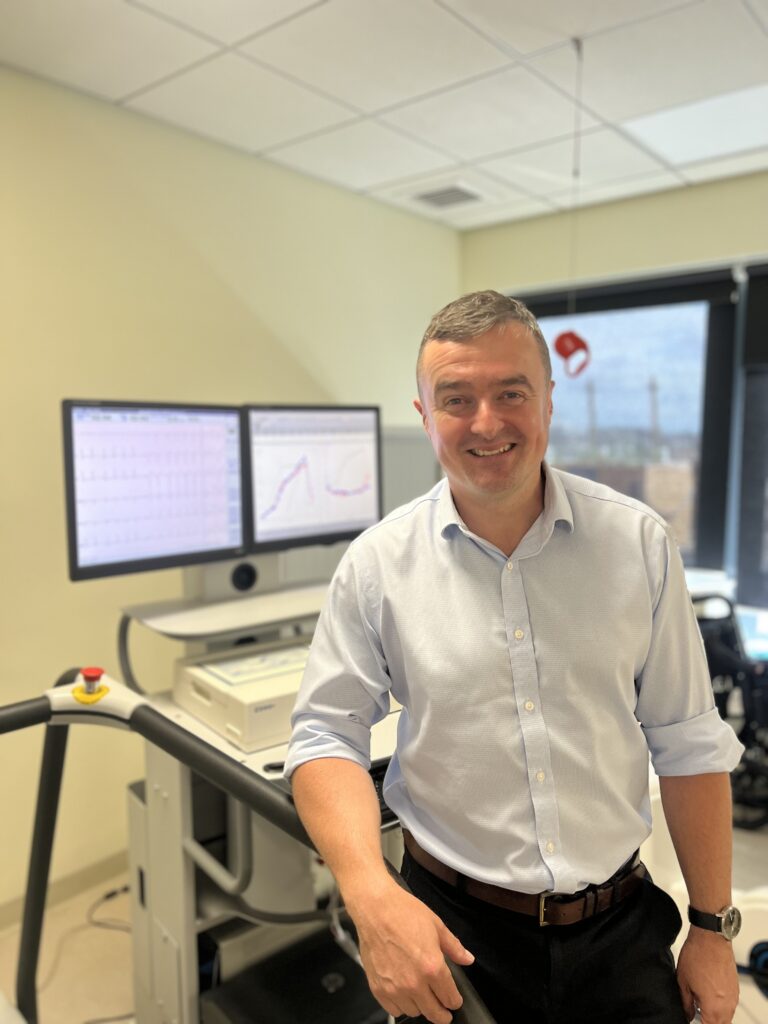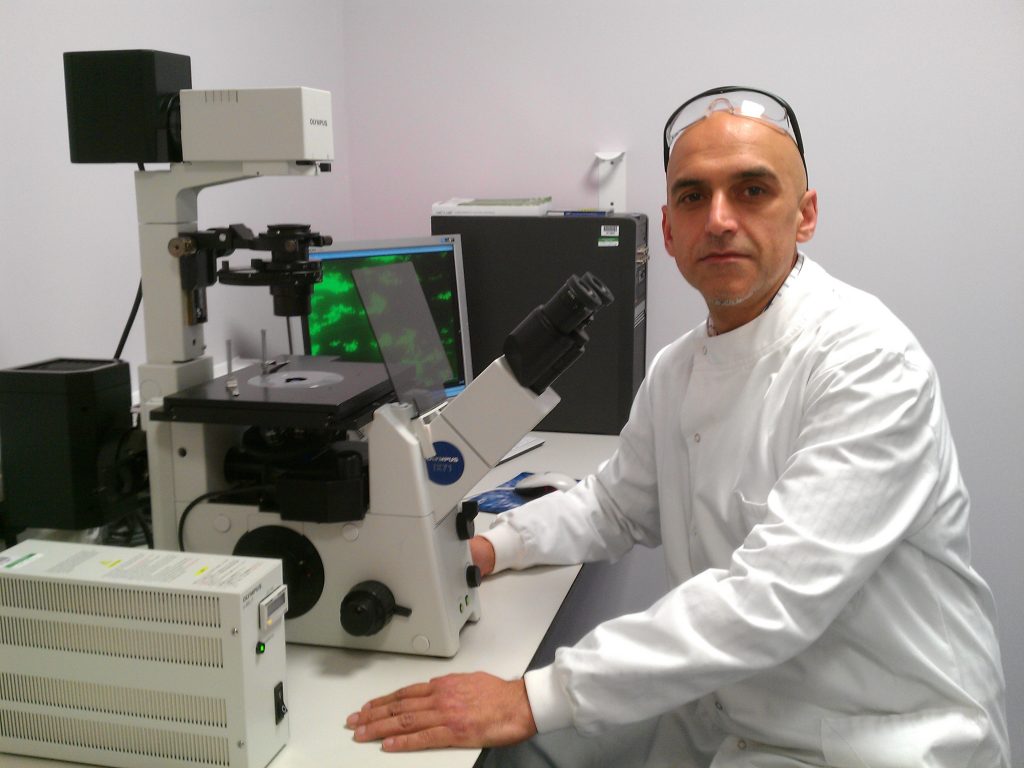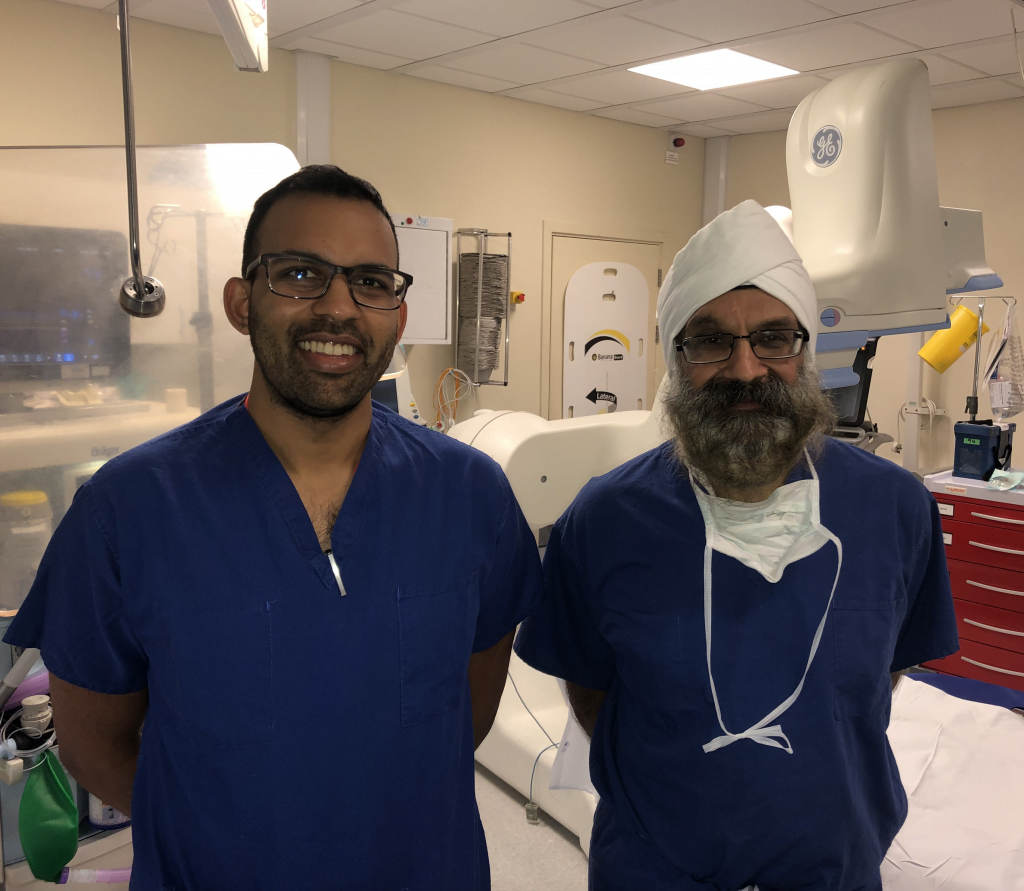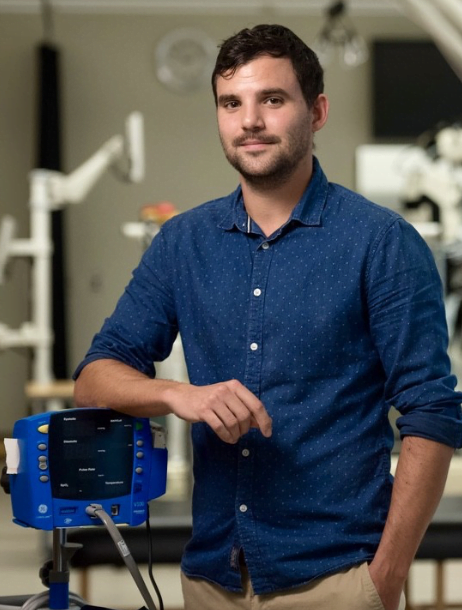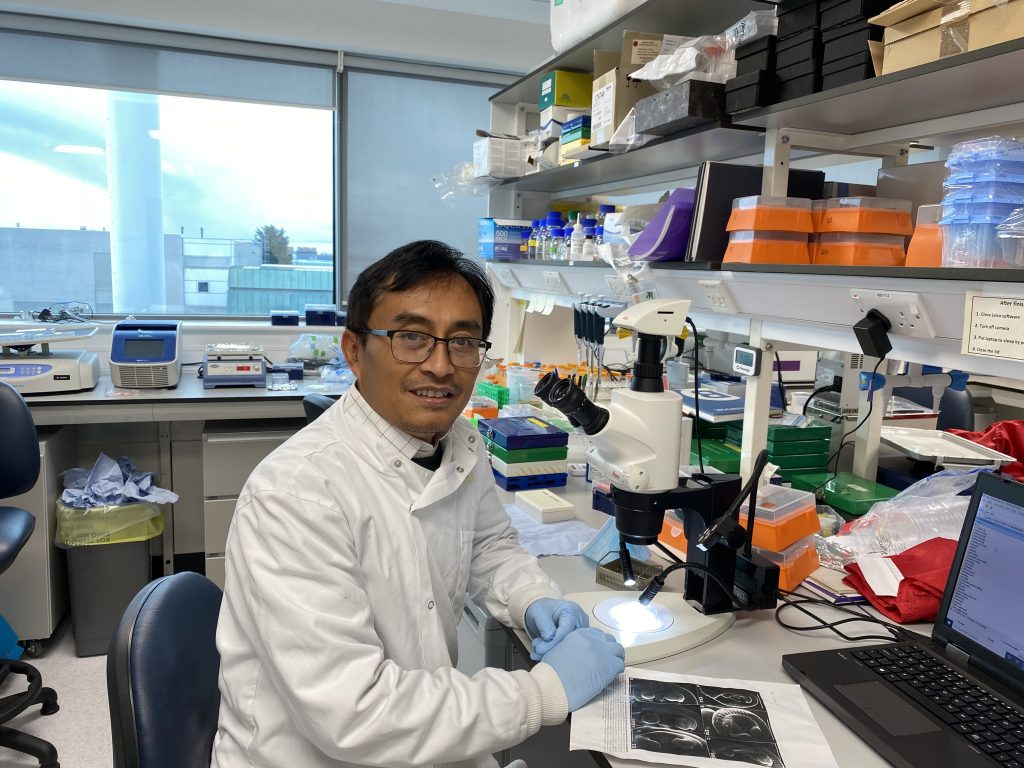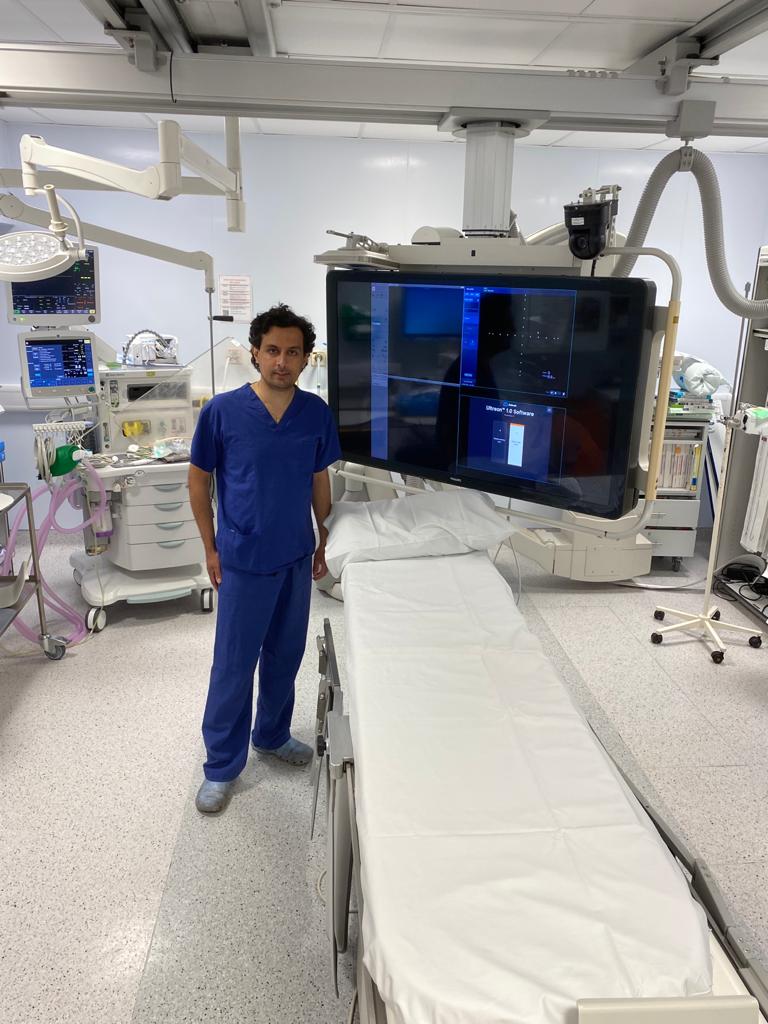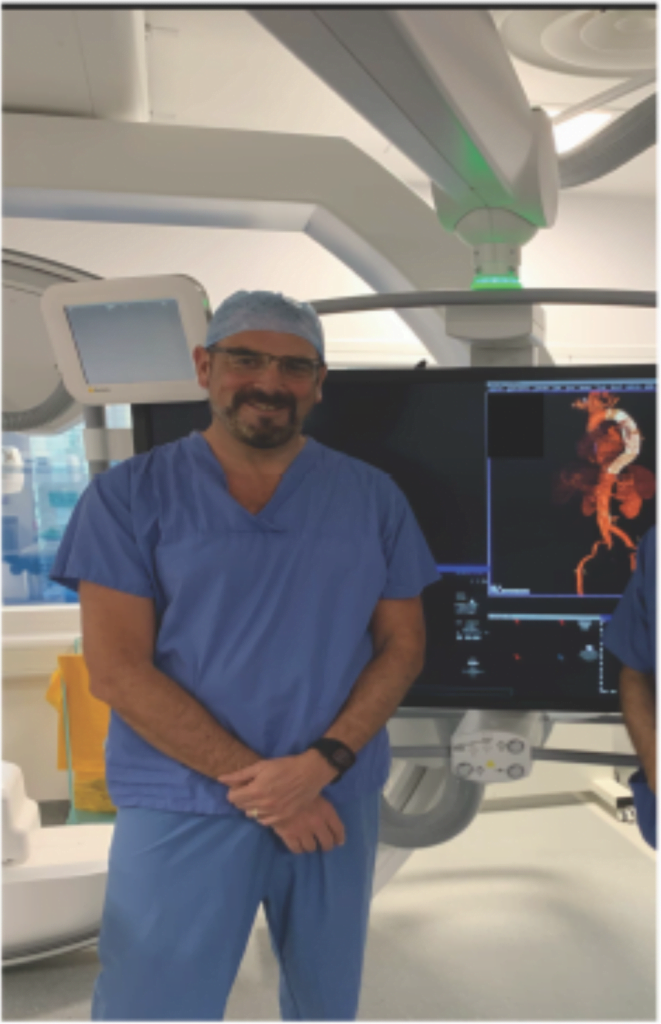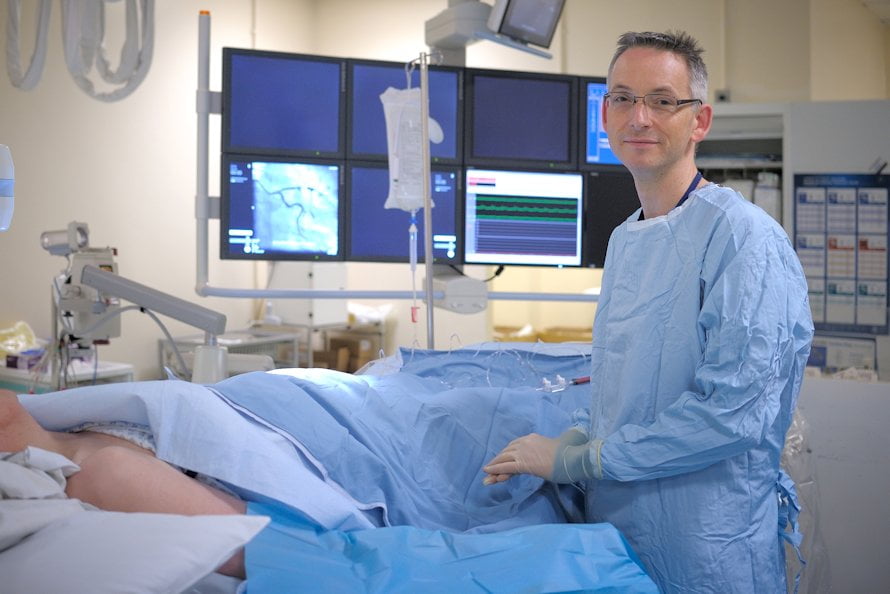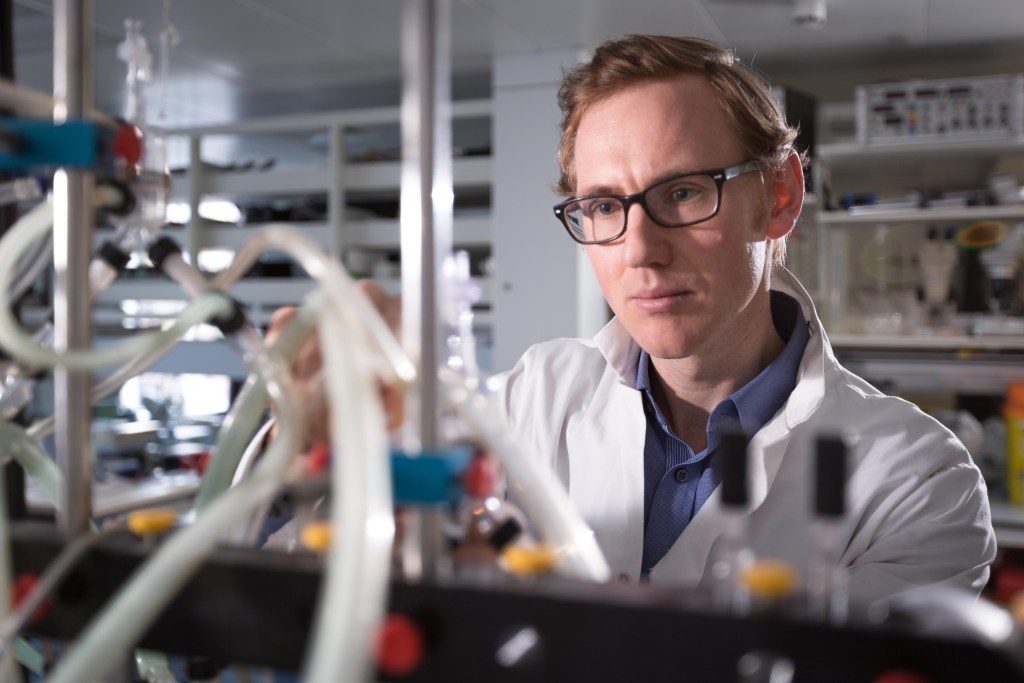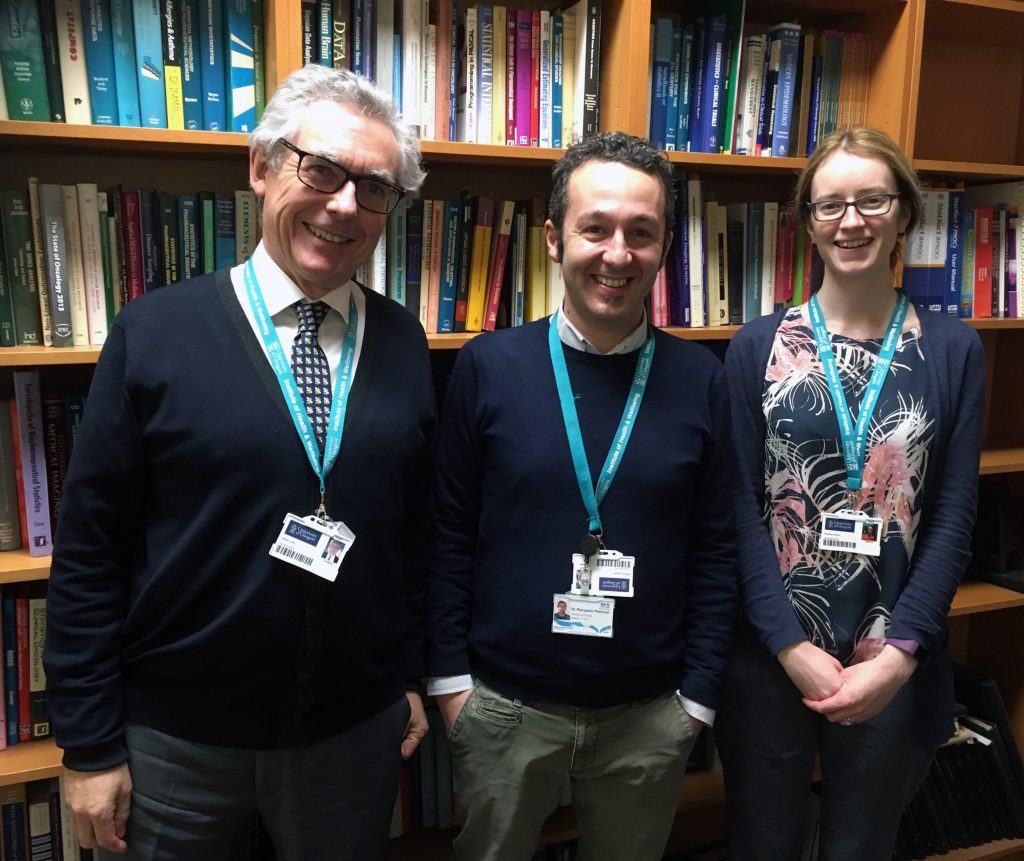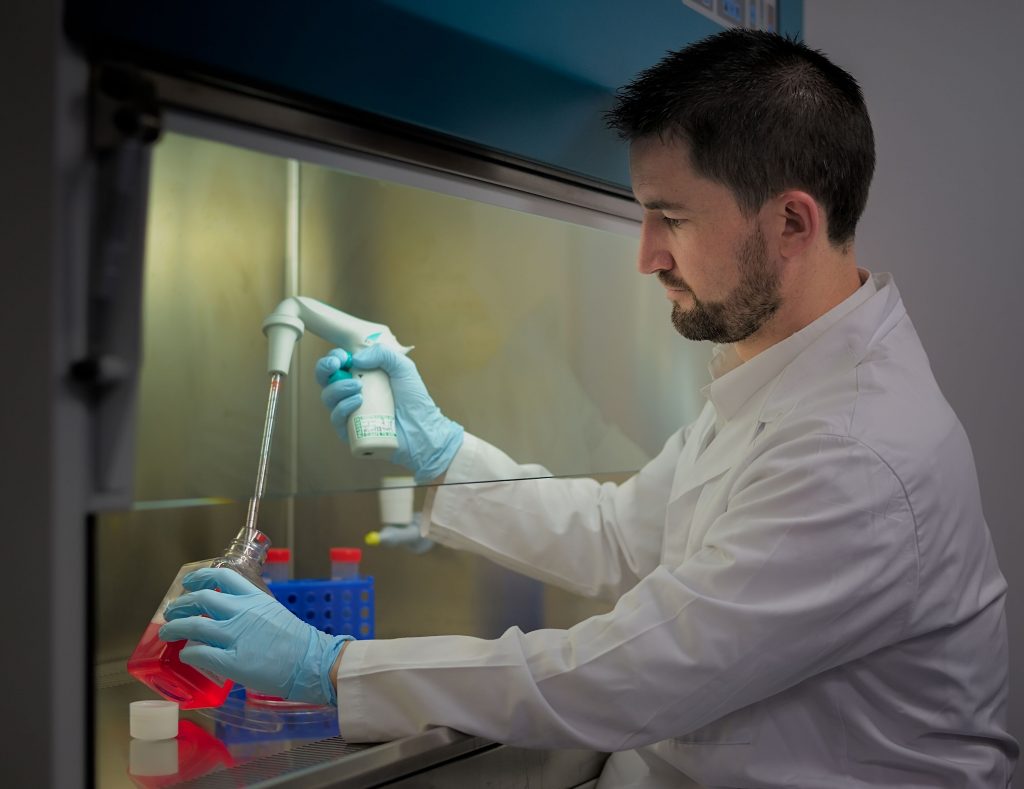Translational Research Project Grant
Prof Paolo Madeddu, University of Bristol
Amount: £145,233
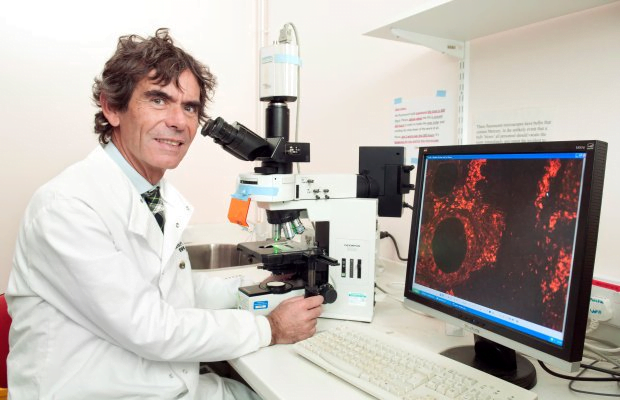
Summary: In some cases of congenital heart disease, children may develop pulmonary hypertension – high blood pressure in the circulation of the lungs. If not corrected soon enough with surgery, this can eventually lead to heart failure. The project will investigate the role of cells, called pericytes, in the development of pulmonary hypertension and test a potential new treatment to prevent it.
A child may be born with a hole in the heart’s septum, which is the wall that separates the right and left sides of the heart. When the hole is between the two lower main pumping chambers – called a ventricular septal defect – blood flows through the hole from the left to the right side of the heart, which pumps blood to the lungs.

If the defect is not corrected soon enough with surgery, children are likely to develop pulmonary hypertension which is high pressure in the blood circulation to the lungs. The high blood flow and pressure to the lungs makes cells, called pericytes, that wrap around blood vessels of the lung, constrict. This makes it difficult for the heart to pump blood to the lungs and eventually, the strain on the heart can lead to heart failure which means that the heart cannot pump enough blood around the body.
This project will investigate why pericytes constrict and block the circulation of the lungs, and will test a new treatment which may prevent pulmonary hypertension.
Professor Madeddu and the team have discovered that blocking the actions of a molecule called ERK1/2 causes pericytes to change shape and contract. Conversely, drugs that stimulate ERK1/2 may help pericytes to maintain normal shape and function. Some ERK1/2-stimulating drugs are already available to treat other diseases and the team will investigate whether they prevent constriction of pericytes.
The research will use pericytes from children undergoing surgery to repair a septal defect. The cells will be stimulated with a constrictor drug or exposed to increased flow, to simulate the conditions that cause pulmonary hypertension. They will see if this inhibits ERK1/2 and causes pericytes to constrict. Then they will repeat the experiment, adding a drug that stimulates ERK1/2, to see if this reduces the constriction of pericytes.
Between 5-10 per cent of congenital heart disease patients develop pulmonary hypertension of variable severity, that affects quality and length of life. Sadly, when patients have established, severe pulmonary hypertension, treatment options are limited to palliative care or lung/heart-lung transplantation for a few patients.
This new treatment may prevent pulmonary hypertension in children with congenital heart disease and would particularly benefit children who are unable to have surgery soon enough. Also, pulmonary hypertension can develop due to causes unrelated to congenital heart disease and this treatment may benefit other types of pulmonary hypertension.

